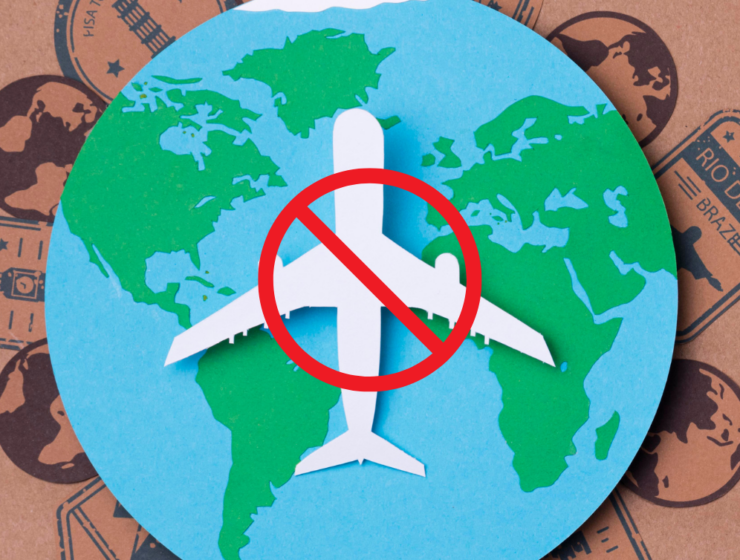Illegal tourist guides represent a real threat to cultural heritage and the overall visitor experience. These unauthorized operators, often lacking adequate training and in-depth knowledge, provide incorrect or incomplete information, depriving tourists of the opportunity to fully understand the historical, artistic and cultural richness of the territory they are visiting.
The phenomenon of illegal guides is not only a question of quality of service, but also of safety. In many cases, these figures do not have the necessary skills to manage critical situations, such as health emergencies, complex routes or crowds in sites of particular interest. This can lead to dangerous situations for tourists, compromising the good name of the destinations involved.
From an economic point of view, illegal guides damage certified professionals, who must face significant expenses to obtain the necessary authorizations and guarantee high standards. Their presence creates unfair competition that reduces opportunities for those who operate in compliance with the rules.
Countering this phenomenon requires a multidimensional approach. First of all, it is essential to raise awareness among tourists of the importance of choosing authorized guides, providing practical tools to verify the credentials of professionals. Authorities must step up checks at key tourist sites and apply severe sanctions to those operating illegally.
A good example is represented by awareness campaigns conducted by trade associations, which promote the use of certified guides through collaborations with local authorities and tour operators. Furthermore, technology can play a key role: apps and digital platforms can help tourists find authorized guides and avoid scams.
Only through collective commitment will it be possible to guarantee quality tourism, protect cultural heritage and ensure a positive experience for all visitors.






